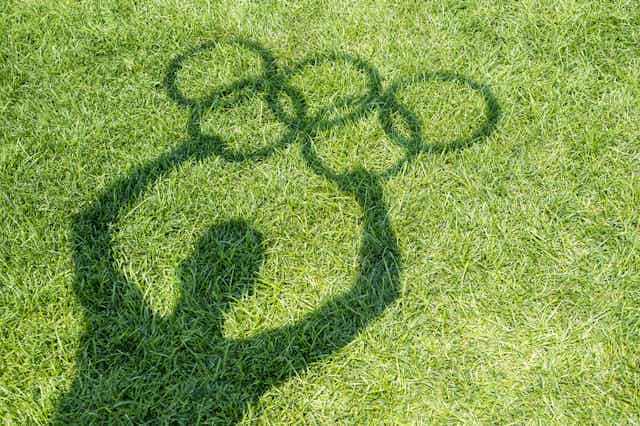In just a few days, over 200 nations will gather in Rio for the opening ceremony of what is, without doubt, the biggest sporting party in the world. The greatest athletes will be gearing up to demonstrate their abilities and countries will be eager to see if their investment in elite sport over the last four years pays off and produces medals.
This is an investment that has escalated significantly over the past decade, despite providing no guarantee of success. Although 205 nations took part in the 2012 London games, only 85 won a medal – and 18 won only one medal. Indeed, 73 nations have never won a medal despite the fact that 63 of these countries have competed in five or more summer games.
These nations attend the games because of the principle of “universality”, which is the International Olympic Committee’s (IOC) commitment to developing sport globally. Nations are required to attend the games if they wish to be part of the Olympic Movement and receive funds from the IOC.
The business of sport
On the face of it, this is an honourable agenda but it is possible to question its appropriateness. The concept of a “level playing field” is intrinsic to the values of the IOC and also underpins current debates about doping and performance enhancement. Yet, for the 65% of nations who won one medal or fewer in London, the playing field will never be level because elite sport is hugely expensive.
Those who are regularly at the top of the medal table – including the US, UK, China and Russia – spend millions on training and developing athletes and have spent further millions on building facilities for these athletes to train in. Compare this with countries such as Samoa, Namibia and Suriname – the costs involved with keeping up with this expenditure would leave them broke.

More importantly, the morality of countries such as Somalia, Eritrea and Rwanda being encouraged to spend money on elite sport given the other challenges these, and many others, face is dubious at best. And it’s also worth remembering that investment in elite sport doesn’t guarantee success.
Taking part
The argument that taking part in the Olympic Games raises the international profile of a country just doesn’t stack up. How many people can remember the 205 nations that took part in London – probably the same amount that will remember all the countries that take part in Rio next month. Because it is sad but true that a significant number of nations will appear at the opening ceremony on August 5 and then simply fade into obscurity until the games in Tokyo in 2020.
To change this, we need to be much more honest about the benefits that come about because of elite sport. The evidence to support investment in top level sport and its benefits to wider society is currently limited at best. So we need to stop suggesting that it will solve many of society’s ills, when we don’t categorically know this to be the case.
It also needs to be much harder to attend the Olympic Games. Athletes going to the games should be there on merit, by qualifying, not through a “free pass” that comes about because of the desire of the IOC to own the biggest global sporting event.
Yes, this will have meant that we would not have had Eric the Eel – the swimmer from Equatorial Guinea, who had never been in a pool until a few months before the Olympics – but I’m not sure a global sporting event emphasising excellence was the right place for Eric.
Each continent stages at least one multi-sport games and these should be qualifying tournaments that have participation at the Olympics as their goal. These events provide opportunities for the smaller nations to participate on a more level playing field, and cost significantly less to attend.
But of course, the best way of levelling out the playing field is for the IOC to simply stop funding non-qualifying athletes to attend the Olympic Games. Because without the money from the IOC, many nations will think twice about putting resources towards an event where they are going simply to make up the numbers.

